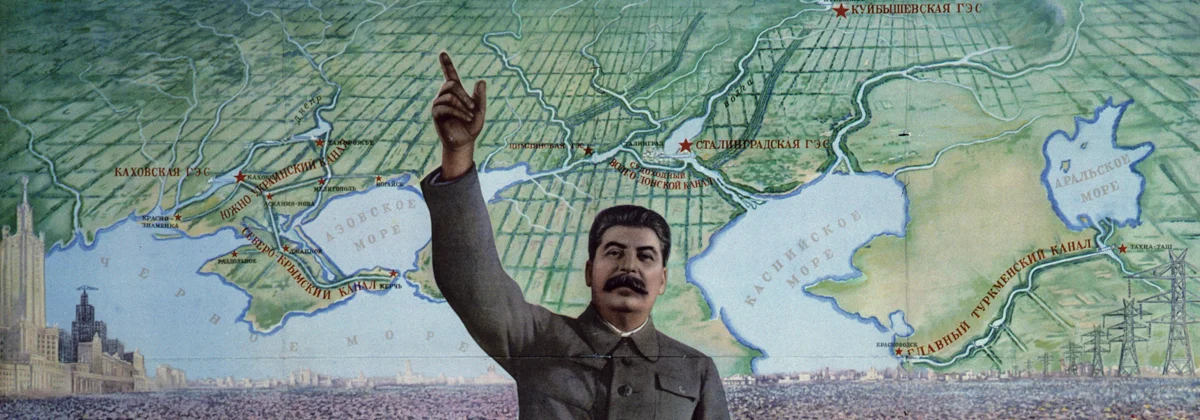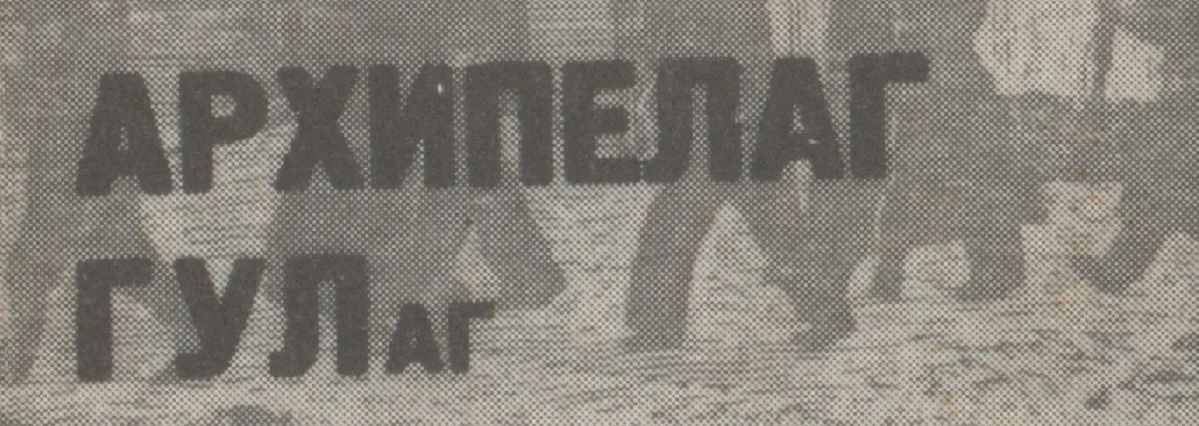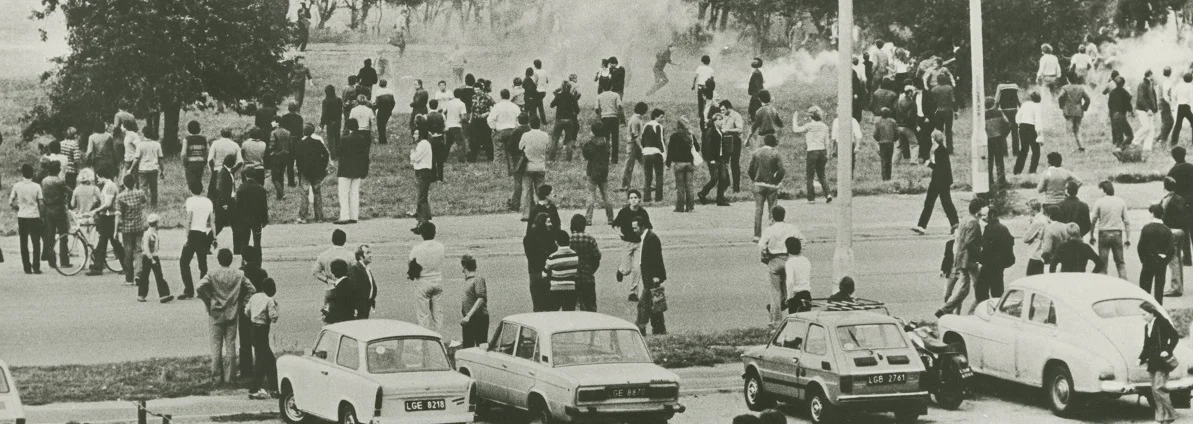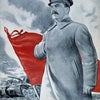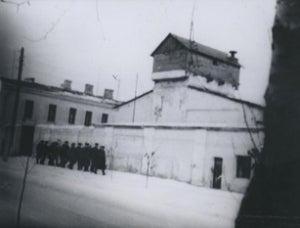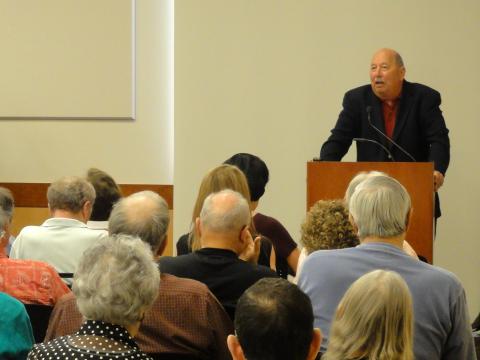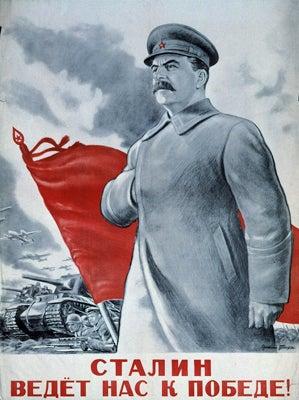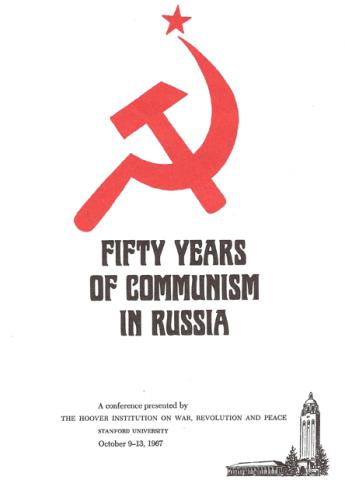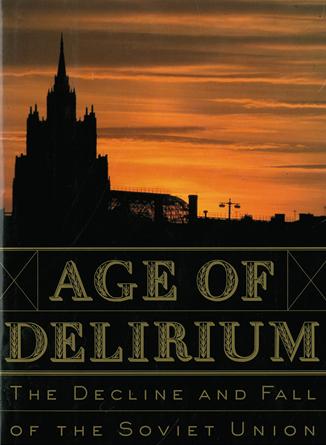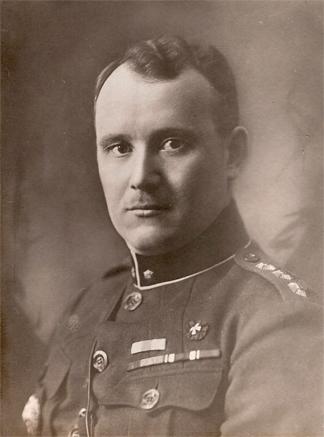Event
Hoover Archives Summer Workshop 2011
Hoover's Workshop on Totalitarian Regimes studies the history and development of totalitarian regimes in order to understand why they came into being, how they work, and the sources of their durability. By bringing scholars together who study the different regimes, the workshop promotes the comparative study of modes of personal dictatorship, of institutions of coercion and repression, and of the economic and social consequences of totalitarian rule. The workshop's principal resources are the unique and fast- growing holdings of the Hoover Archives on totalitarian regimes in Europe, Asia, and the Middle East.
July 24, 2011






